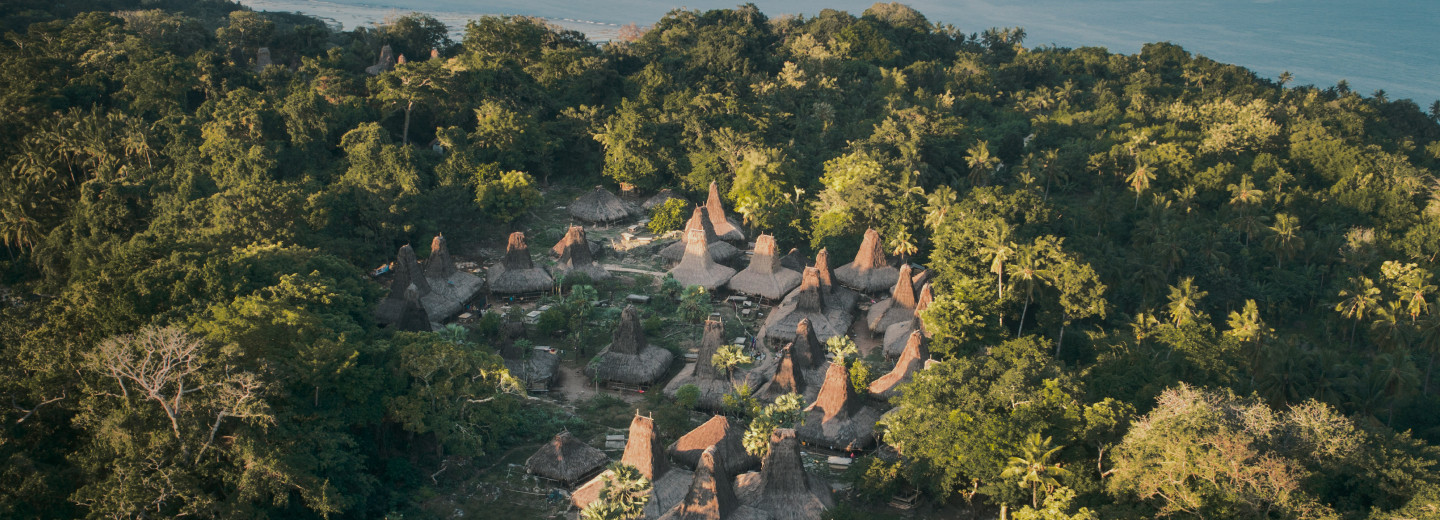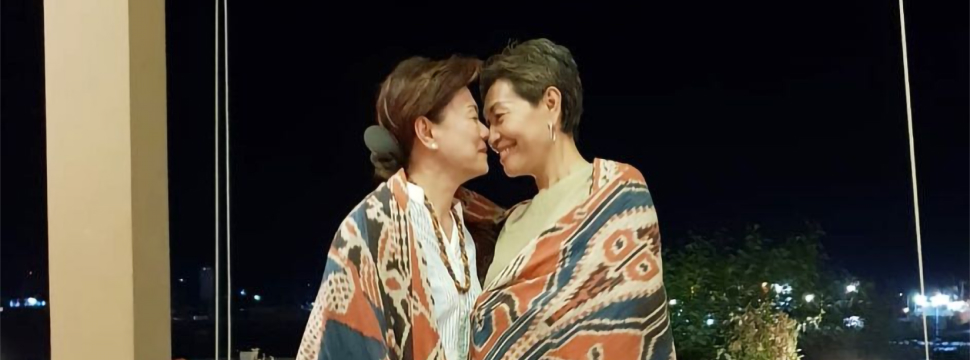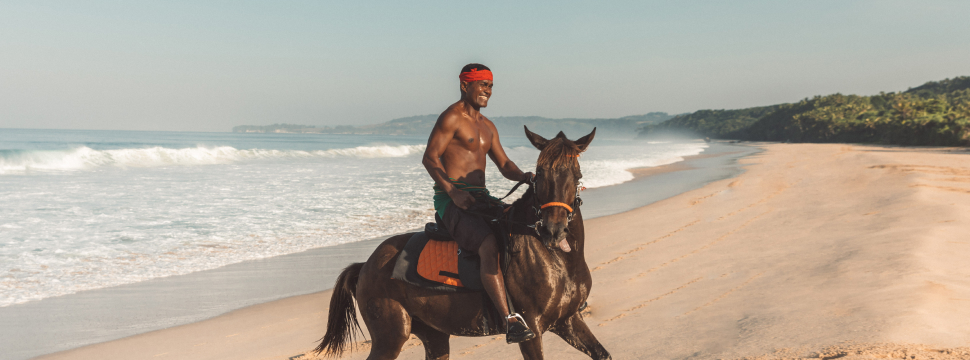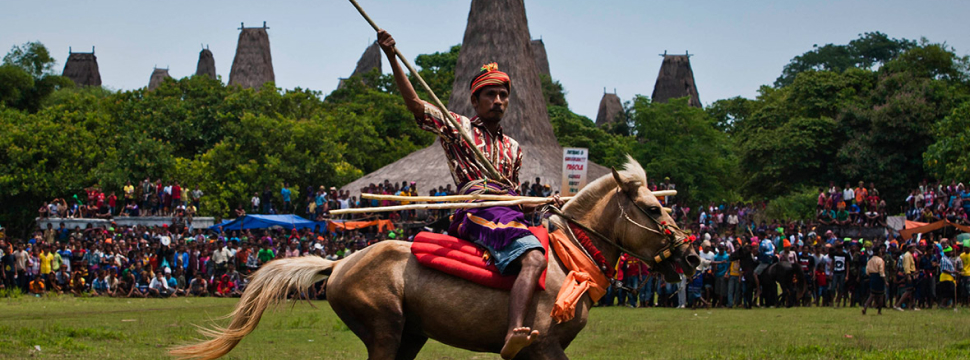
Indonesian island Sumba is one that you've probably never heard of. It isn't particularly well-known and isn't designed for tourists. The tourism sector is beginning to expand due to a limited number of innovative hoteliers and social activists who care about the island. Sumba Island is located in Indonesia's East Nusa Tenggara province. It is located west of Flores Island and south of Bali. You can do many things in Sumba, for example, visiting the traditional villages, Taking in Sumba's natural landscape, or enjoying Sumba's otherwordly surfing. Sumba, an isolated and wild island, has a lot to offer. We list some fascinating Sumba-related facts here.

Source: BATIK TENUN Njonjah Poenja | Facebook
A unique tradition that can be found when visiting the island of Sumba is the tradition of kissing the nose or "pudduk" (in the language of East Sumba). This tradition is passed down from generation to generation by ancestors of the Sumbanese. The tradition of kissing the nose of the Sumbanese symbolizes close kinship and friendship. It is done by sticking two noses, indicating that the two individuals seem close and have no distance. Although it has become a custom and habit for the Sumbanese, this tradition cannot be carried out in any place and time, only on certain occasions.

Source: weloveitwild.com
The horse is called "Ndara" in Sumba. Since this animal is regarded as nearly on par with the ancestors who control the universe, the owner has chosen not to name it. The Unnamed Noble, Njapu Numa Ngara, describes horses in Sumba. The lives of the people of Sumba are intimately connected to those of these horses. Horses are employed for various things, including the principal mode of transportation during the Pasola festival and as the essential part of the dowry in wedding ceremonies. Additionally, horses are a symbol of each family's social standing.

Source: thefineryreport.com
Sumba's natural abundance gave rise to the creation of its woven textiles. Red is obtained from noni root, blue from indigo, brown from clay, and yellow from wood using natural coloring components. Depending on the pattern's complexity, the manufacturing process can take anything from six months to three years. No wonder this woven fabric would be pricey. Animals used in ceremonial sacrifice, including cocks, chickens, and deer with spreading horns, are among the recognizable creatures on royal Sumbanese textiles.

Source: ibtimes.co.uk
Every February or March, Eastern Indonesia, mainly in West Sumba, East Nusa Tenggara, holds the Pasola War, a traditional event. The Rato establishes the precise date. According to mythology, the celebration is held to help the local head of Waiwuang village forget his wife's betrayal in favor of a new lover. Today, The Pasola Festival is an essential annual celebration that marks the beginning of the harvest season and the entrance of the 'Nyale, or multicolored sea worms. Every drop of blood shed throughout this battle was regarded as a blessing. The shouts and excitement of the participants serve as the accompaniment to this tradition.